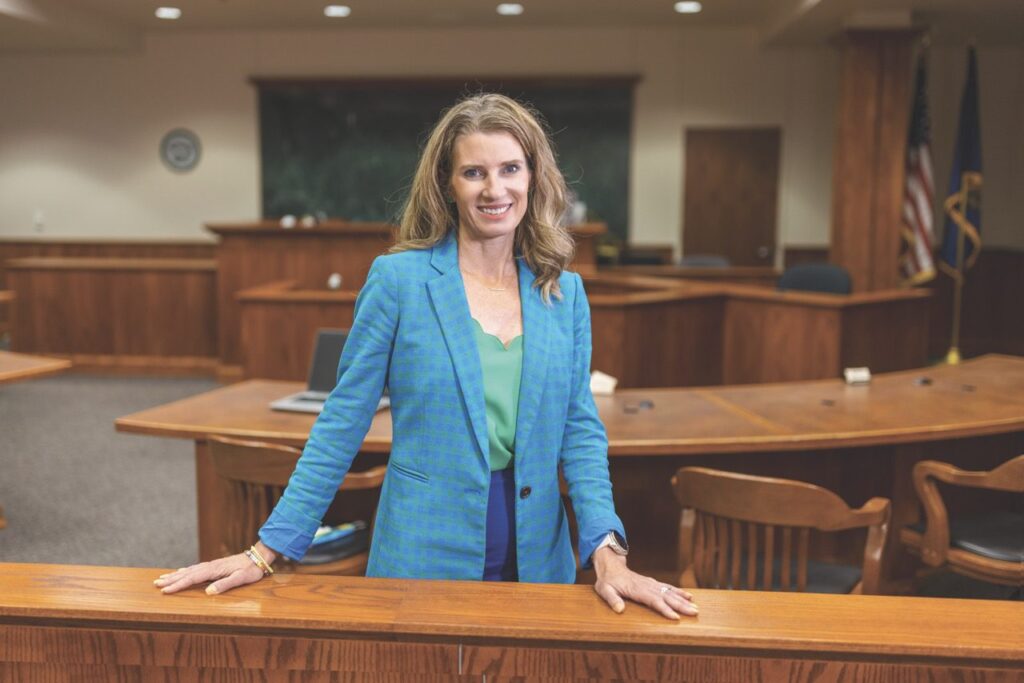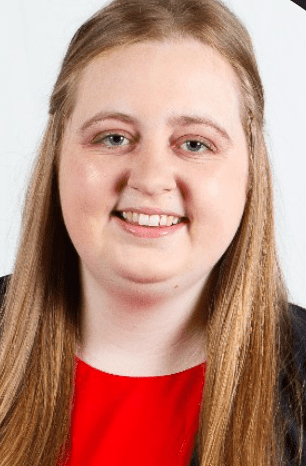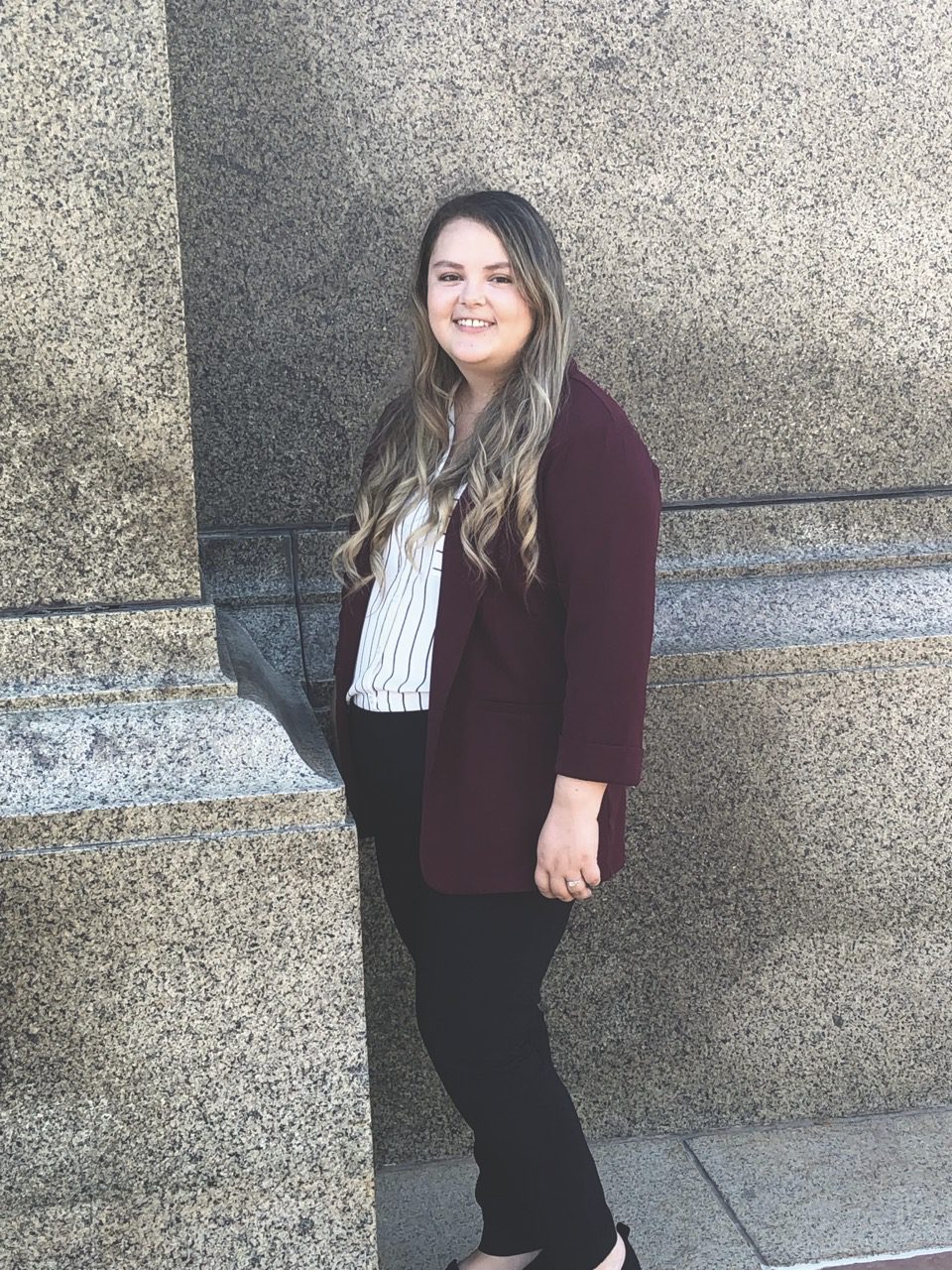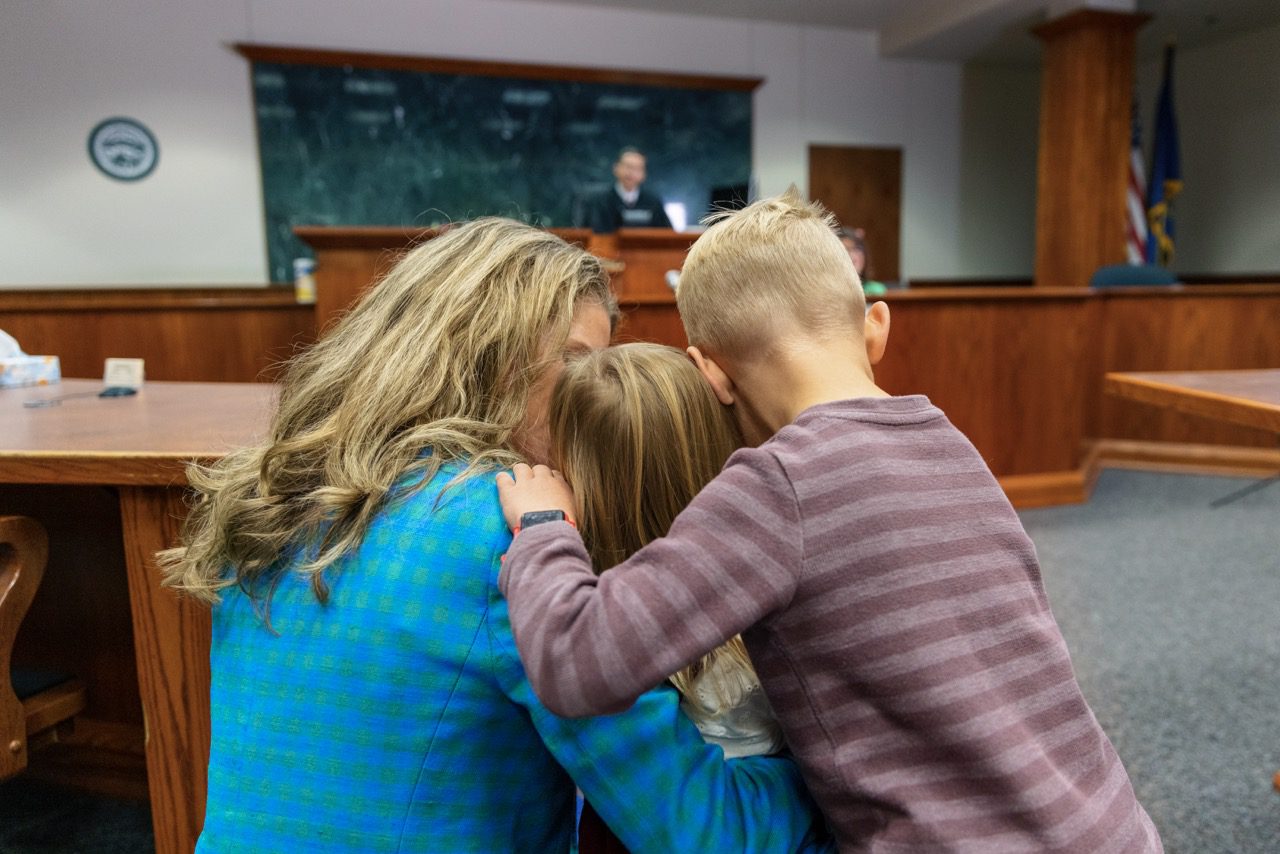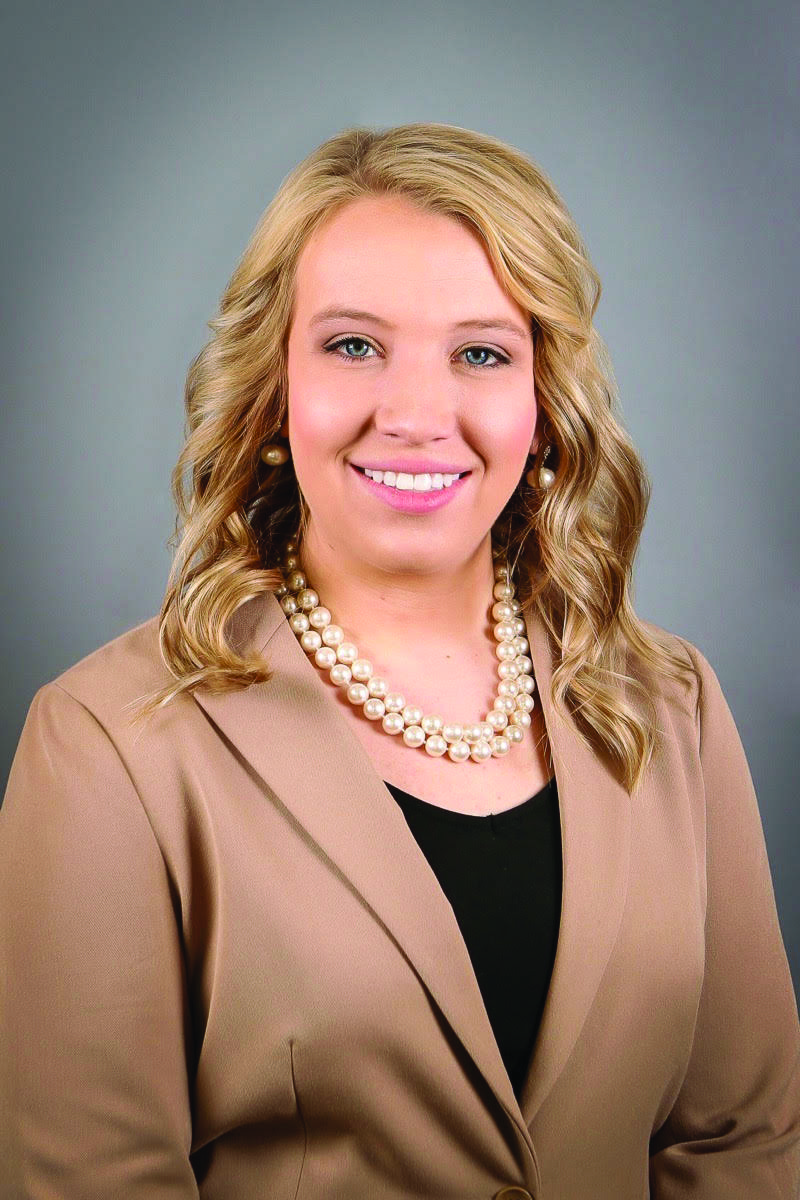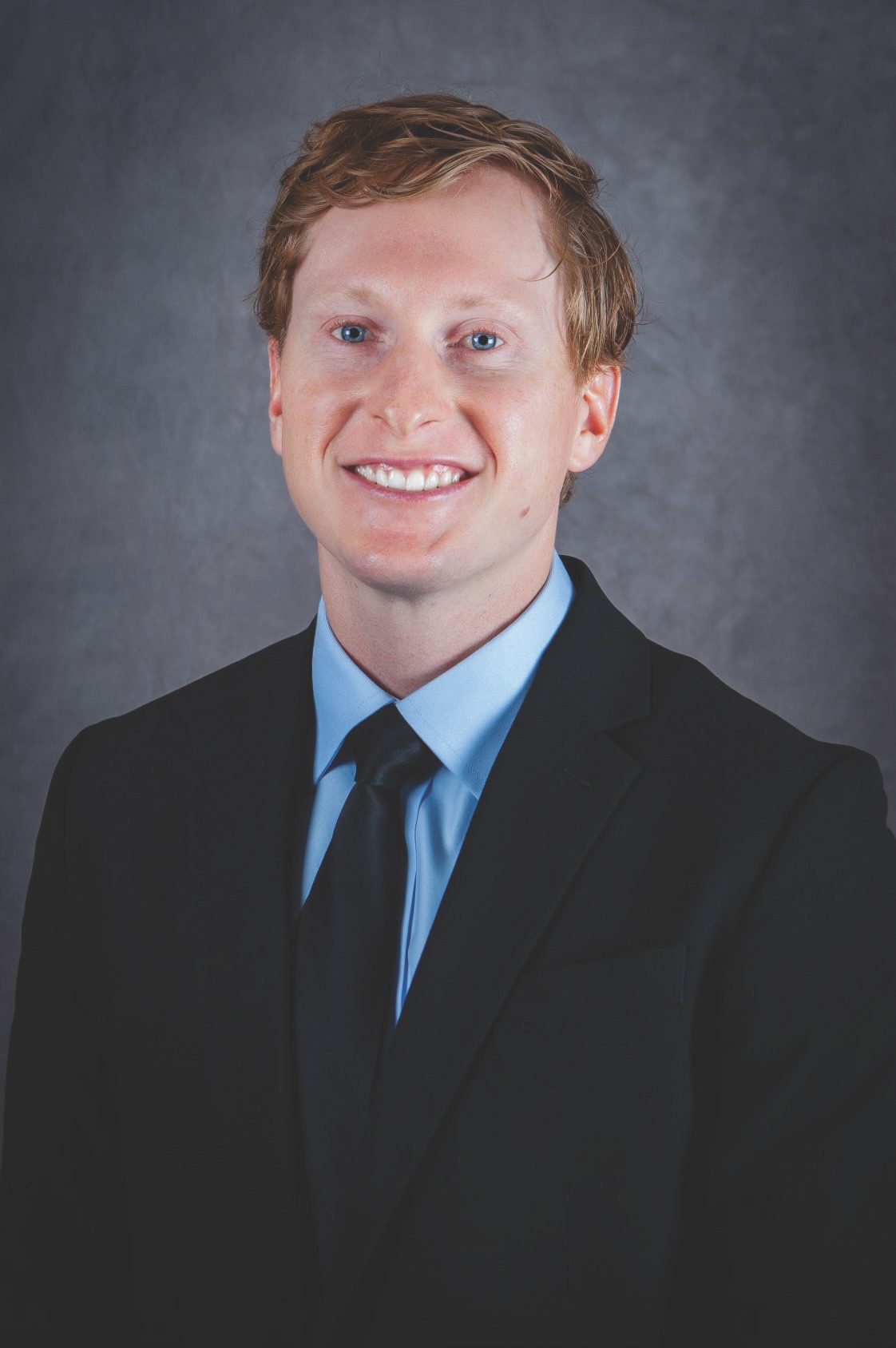The clinic was created in 2017 in partnership with the University of Nebraska Center on Children, Families, and the Law to train law students to serve in the complex role of guardian ad litem, which is a legal advocate for children in family court cases. There’s a shortage of guardians ad litem, so the clinic is helping to address an urgent workforce need in the state.
Paxton each year supervises eight students who are chosen after they take her juvenile law class. The students commit a full academic year to the clinic to improve stability for the child clients.
For each case, students do an investigation, interviewing all parties involved, figure out what a child needs and present the findings in court. Paxton said the student attorneys work with numerous professionals in different roles, building skills to work with others and a variety of personalities.
Student attorneys, she said, “learn to meet people where they’re at in times of crisis and what people in poverty face — great skills for lawyers.”
Paxton oversees all the cases, and she and others such as social workers, psychologists and mental health clinicians provide support in whatever area a student needs, whether it’s law, public speaking, writing or meeting with families.
In addition, students, through weekly sessions, receive more than 70 hours of expert training in such topics as domestic violence, substance use, child development, poverty and trauma.
“We make sure we provide the highest quality of representation,” Paxton said.
In recognition for her leadership of the clinic, Paxton in 2021 received a new grant to launch a separate program for licensed attorneys in rural Nebraska to learn to serve as child advocates.
In Nebraska, the guardian ad litem has a dual role: advocating for what is in the best interest of the child while also representing the wishes of a child old enough to express them.





